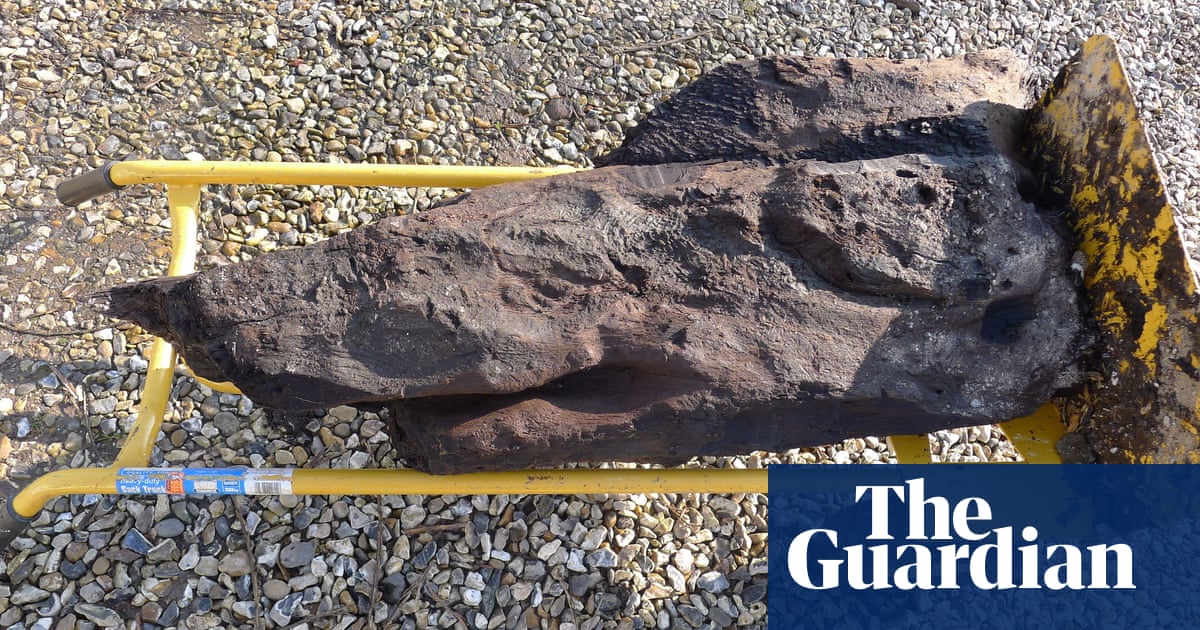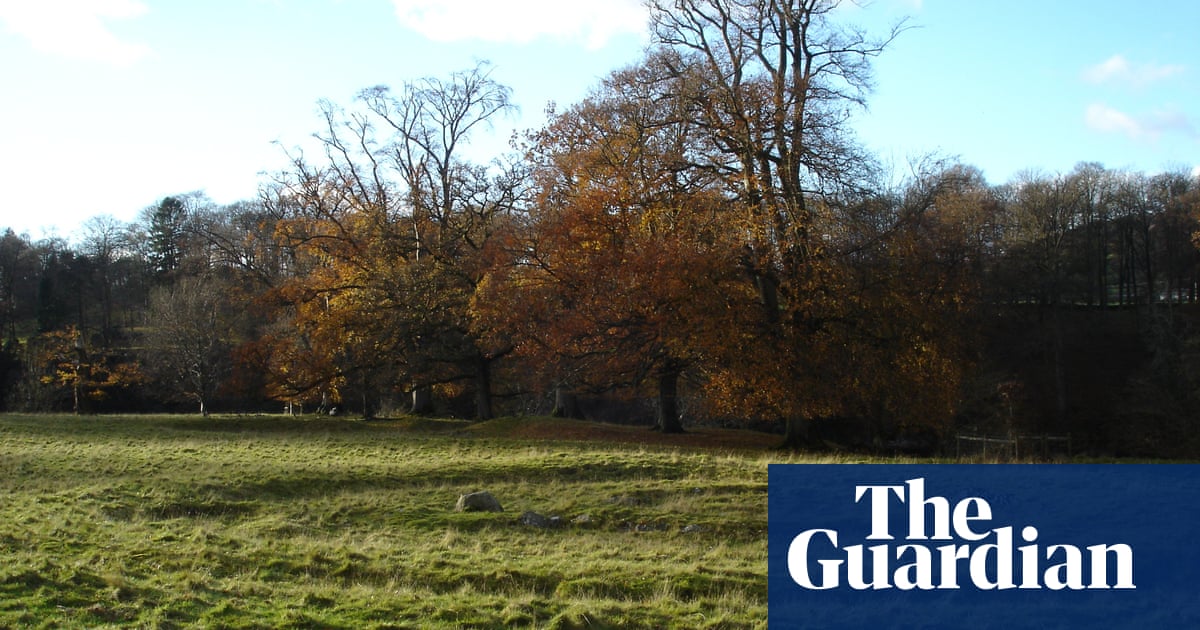
Footprints of what could be the last dinosaurs to have walked in Britain have been found in Kent, researchers say.
About 66m years ago, an asteroid hit the Earth and wiped out much of the Earth’s dinosaurs. But flooding rendered Britain’s dinosaurs extinct much earlier: about 110m years ago.
Back then, Britain was more or less where north Morocco or the south of Spain is now, sea levels were rapidly rising and space for dinosaurs to inhabit was disappearing. But this sandy beach in southern England near the white cliffs of Dover was idyllic.
For the meat-eaters, there was plenty of dead fish washing ashore, and for the herbivores, an abundance of fresh vegetation overhanging the beach, said the study’s author, Dave Martill, a professor of palaeobiology at the University of Portsmouth.
“There were no deckchairs, no ice-cream shops – what there was, was lots of dinosaurs. It was actually a busy place,” he said. “They were treading in the sand and mixing it up – almost ploughing it like a field … actually we could even see tracks, where they were going.”
The researchers discovered the fossilised footprints of multiple dinosaur species – preserved by sediment, filling the impression left behind when a dinosaur’s foot pushes into the ground – in an area prone to storms in Folkestone, Kent.
The footprints suggest many moderate-sized dinosaurs roamed the beach, including ankylosauruses, rugged-looking herbivorous armoured dinosaurs; theropods, three-toed flesh-eaters; and ornithopods, plant-eating “bird-hipped” dinosaurs, according to the study published in the journal Proceedings of the Geologists’ Association.
“I think that we just caught a little bit of dinosaur life,” said Martill. “This layer of rock is the last opportunity of finding evidence of dinosaurs walking in Britain. And what I can’t understand is why nobody found that before – because these rocks have been exposed for more than a hundred years.”
The study’s lead author, Philip Hadland, of the Hastings Museum and Art Gallery, said he had initially discovered unusual impressions in the rock formation in 2011 and thought they might have been footprints.
“This was at odds with what most geologists say about the rocks here, but I went looking for more footprints and as the tides revealed more by erosion, I found even better ones. More work was needed to convince the scientific community of their validity, so I teamed up with experts to verify what I’d found.”
Steve Brusatte, a professor of palaeontology and evolution at the University of Edinburgh who was not involved in the study, said although much has changed in the millions of years since dinosaurs once thrived on the beaches of Kent, today this part of Kent is a beach again and we can walk alongside these dinosaurs.
“They are the youngest tracks yet found, but they would not have been made by the last dinosaurs to ever live in Britain. Perhaps someday somebody will find a younger record – dinosaur tracks from even deeper into the Cretaceous.”












